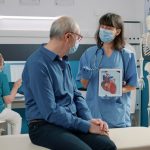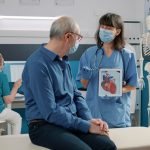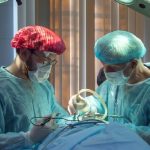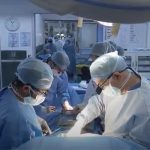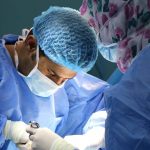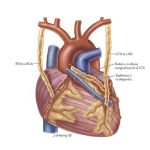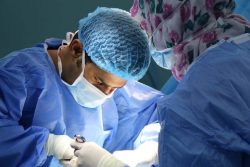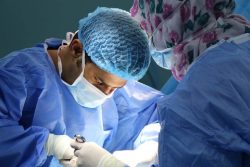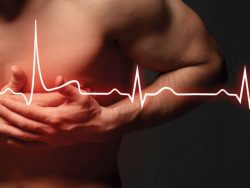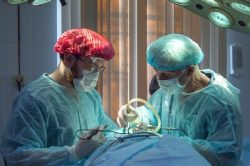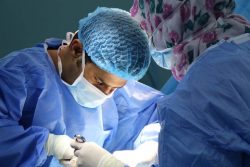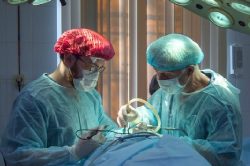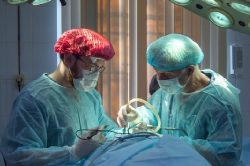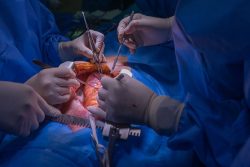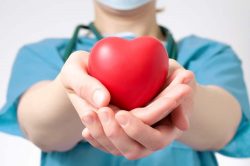Warning Signs of Cardiac Arrest- You Must Not Neglect
Cardiac Arrest is one of the top life-threatening ailments that can happen to anyone unexpectedly. Health experts define cardiac arrest as a medical emergency caused by a sudden altogether stoppage of a heartbeat. When there is no heartbeat, blood circulation to the brain and other vital body organs is cut off, resulting in death in just a few minutes.
According to Dr. Sujay Shad, Best Cardiac Surgeon in India, ‘Cardiac Arrest is often caused to people suffering from irregular heartbeat- a condition called Arrhythmia. It is said to be the result of an electrical glitch in the blood circulatory system of an individual. When someone is experiencing a cardiac arrest, a quick medical intervention within minutes can potentially save his/her life. Some actions can help increase his/her survival chances’.
These include admitting the signs and symptoms, executing chest compressions, and being aware of where to get an Automated External Defibrillator (AED).
At the time of Sudden Cardiac Arrest, the patient has no pulse or heartbeat, goes unresponsive, and gasps for breath. However, before the heart stops beating, patients may show some symptoms. Keep reading to know about these warning signs.
If any of these signs you or your loved one experiences, you must immediately seek medical attention from a cardiologist.
Symptoms Signalling the Upcoming Cardiac Arrest
Chest pain- It is recommended to get an ECG done if experiencing persistent aching chest even when the patient is not engaged in any strenuous physical activities. This way, the patient can get the underlying prolonged health issue diagnosed and treated before sudden cardiac arrest occurs.Heart palpitations- Sudden or frequent heart fluttering can be a major indication of the arrival of sudden cardiac arrest. It is advised to get the patient’s heart tested for any underlying health conditions that are causing arrhythmias.Seizures- Irregular beating of the heart (Cardiac Arrhythmia) can lead to convulsive syncope which is a seizure-like episode.Shortness of breath or Breathing difficulty- This is normal if the body is performing vigorous activities. At that time, the heart and lungs work harder to provide energy for performing intensive tasks. However, if breathing issues occur during regular tasks that need less energy, there is a high chance of the patient contracting sudden cardiac arrest.Nausea or Uneasiness of the stomach and Vomiting- The injured, necrotic, and ischemic cardiomyocytes from infarcted regions of the heart releases certain metabolites. These metabolites stimulate the autonomic nerve peripheral receptors to cause cardiogenic nausea and vomiting.Weakness, Light-headedness, or Dizziness- If the patient is constantly feeling dizzy or weak, there is a high chance of the patient being at risk of suffering from sudden cardiac arrest.Momentary unconsciousness- A continuous fluctuating heartbeat may cause frequent loss of consciousness and if ignored, it may lead to cardiac arrest.Unexplained profound sweating- When the cardiac activity or ability is not optimal or sthe heart is not functioning normally, the patient might sweat heavily. This could be because of arrhythmia and if neglected can lead to cardiac arrest.
Meet Dr Sujay Shad, Heart Surgery Specialist in Delhi. He is also Professor and Senior Consultant of Heart Surgery and Director of Heart Transplants, at Sir Ganga Ram Hospital which is the best heart hospital in India.
Do visit him to learn more!

